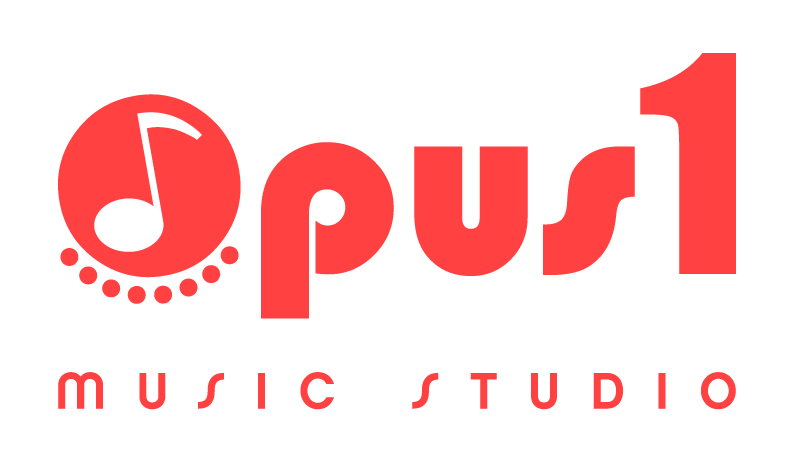You graduated in cello performance from Juilliard, considered one of the most internationally prestigious music schools in the world, with an acceptance rate just shy of Stanford and Harvard. What ways did you practice that lead to your acceptance, and what suggestions can you give beginner cellists that will help them on a successful pathway to learning music?
The first thing I would suggest when preparing for any conservatory audition is to start early. It’s a tough and rigorous process, and it takes years of preparation. Luckily, I had the full support of my parents and a teacher who helped me every step of the way. That included meeting important deadlines, and clearly outlining everything I needed to do to fulfill the audition requirements.
Secondly, I would suggest getting organized. Plan out your preparation time carefully, and make goals. Setting short-term goals can help to learn and memorize the required repertoire feels much less daunting.
Third, I would suggest choosing pieces that highlight your abilities the best. Keep in mind, you don’t have to learn all new repertoire for the audition. If there are pieces you already know that meet the repertoire requirements, then use them.
Lastly, and most importantly, I made my audition preparation the most important thing in my life at the time. I was practicing 3-4 hours every single day, there is really no other way to do it. If you want to reach a high level on any instrument, then slow, careful, and consistent practicing is a must. This means practicing slowly, working with a metronome, and recording and listening back critically to yourself. Another aspect of practice that often gets overlooked is performing. For me, learning how to play under pressure was crucial. You have to make sure that along with your day-to-day practicing, you are also getting the opportunity to play in front of people. This can be in recitals, studio class, or simply playing for family and friends.
What were some of the biggest challenges you faced as a beginner cellist and how did you overcome them?
From the beginning, I was a very natural musician. I picked up on the cello quickly and was a very intuitive player. Unfortunately, I had my own way of doing things, and this led to me picking up a number of bad habits along the way. Early on, I had a lot of tension in my playing, and it eventually started to hinder my progress as I was learning more difficult repertoire. It wasn’t until I got my first serious teacher that I learned the importance of a strong technical foundation. This teacher forced me to rebuild my playing from the ground up, and although it was difficult and often frustrating, it was maybe the important time in my music education. He helped me understand the mechanics of cello playing, and how to play effortlessly with proper technique. These lessons have stuck with me to this day, and I try to pass this on to all of my students.
It’s fairly established that family support and positive encouragement are fundamental to students’ success - not just the amount of time they spend practicing. This is demonstrated in the standard Suzuki method and approach that nearly all string students use. Can you share ways that your family supported you while learning cello and recommendations for parents of our aspiring Opus 1 music students?
Having the support and encouragement of my parents was absolutely crucial to my development as a musician. This was something I didn’t truly understand until I got older. From the very beginning, my parents saw that I was passionate about playing the cello, and they did everything they could to nurture that and help it grow. This included driving me to lessons, competitions, and summer programs all over the country. Almost every weekend was dedicated to my musical activities.
We were always listening to classical music together when I was young, and they would often take me to concerts that would come through my local area. Because of them, I had the opportunity to see so many incredible performances. This instilled in me a deep appreciation for the music I was playing and inspired me to keep progressing as a cellist. Even now, I still listen to classical music almost every day.
Your international performing career includes countless performances, including at prestigious Carnegie Hall and Lincoln Center/Alice Tully Hall in New York. What is your most memorable performance and what makes it stand out among others?
Over the years, I’ve had a lot of memorable performances, but one that’s always stood out to me was when I played Beethoven’s Piano Trio in B-flat Major at St. Paul’s Chapel at Columbia University. It wasn’t necessarily a prestigious performance or anything, it was just a very intimate, and beautiful experience. Beethoven’s B-flat piano trio has always been one of my favorite pieces, and getting the opportunity to perform it with close friends, in such a beautiful setting is something I’ll never forget. Although the entire piece is incredible, the third movement particularly is in my opinion, one of the most beautiful things Beethoven ever wrote. It was just one of those performances where everything kind of fell into place, and I felt like we really did justice to the music we were playing.

